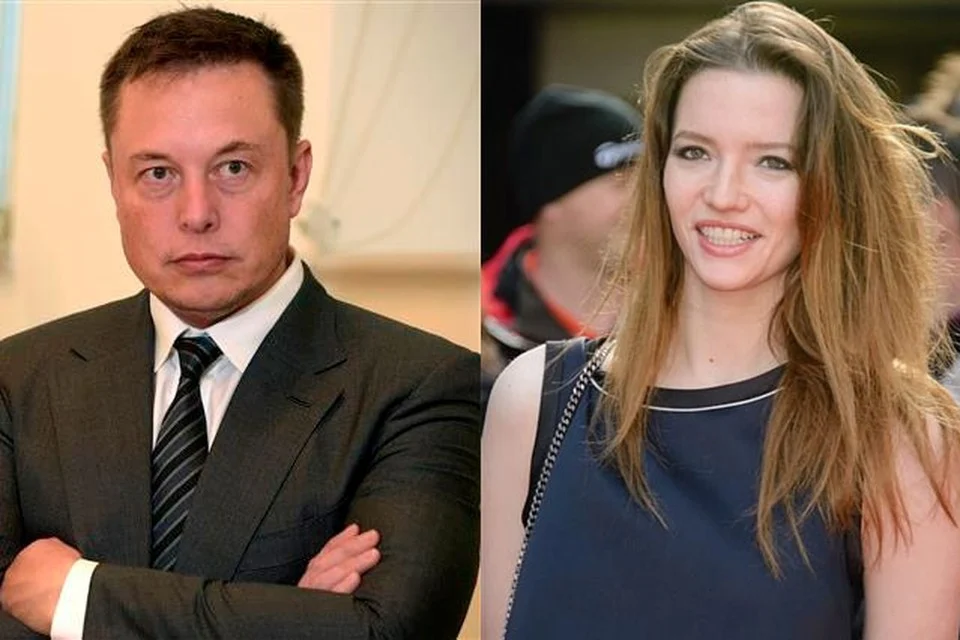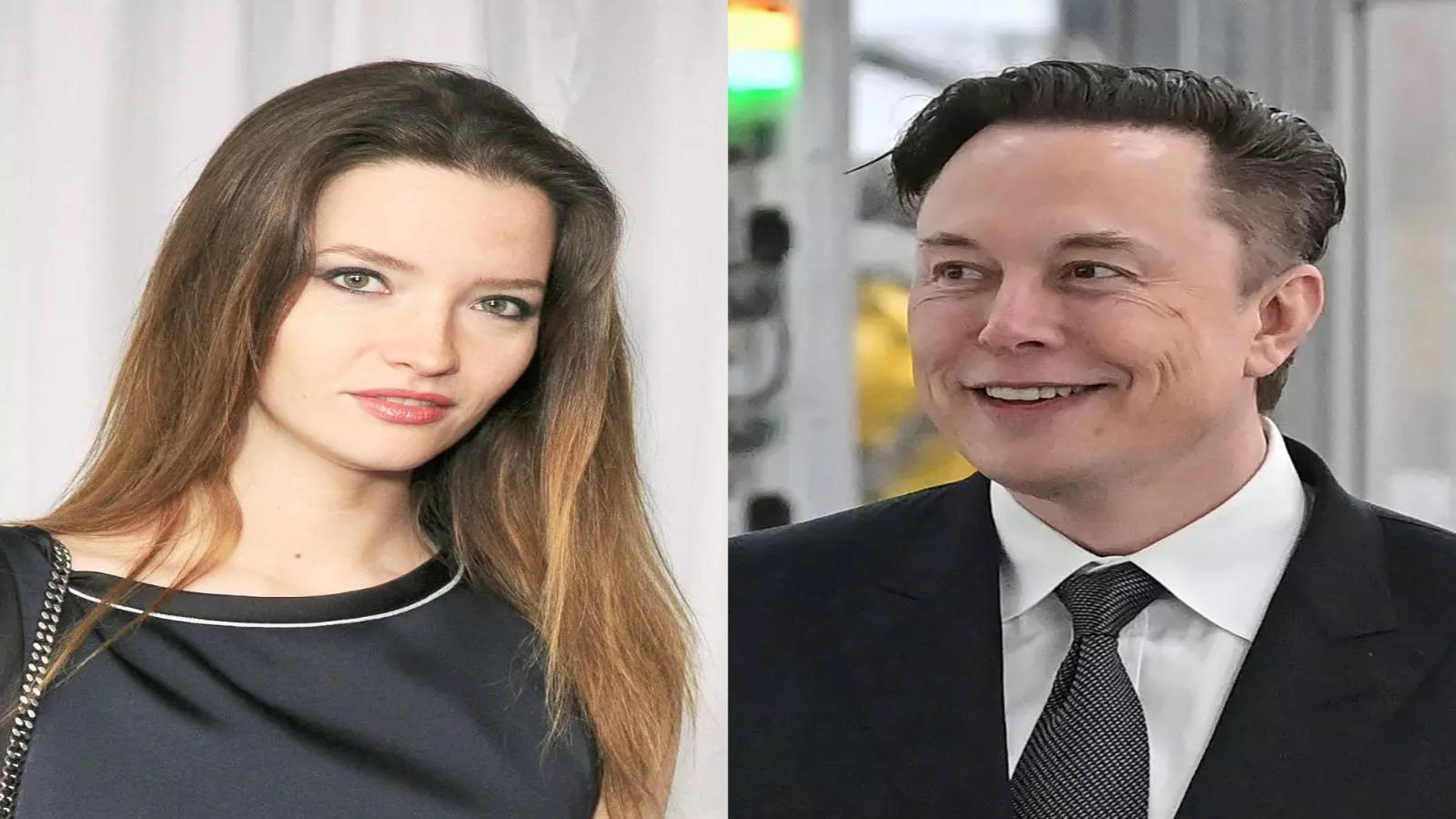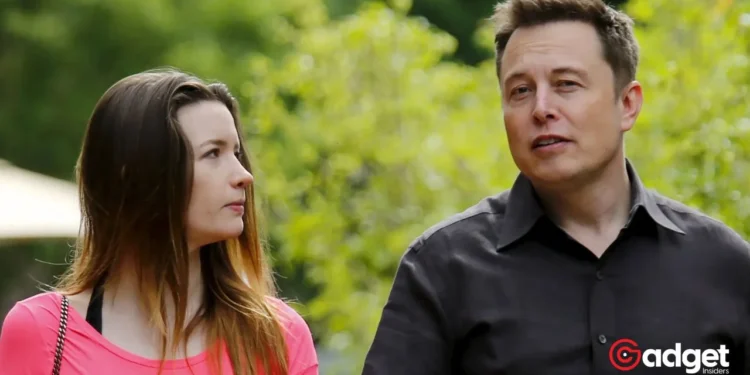In an age where social media blurs the lines between personal vendettas and public discourse, Elon Musk’s recent tweet—and its subsequent deletion—has reignited conversations around wealth, philanthropy, and the inherent responsibilities of the uber-rich. Elon Musk’s attempt to pin the blame for the societal collapse on “super rich ex-wives,” specifically targeting philanthropist MacKenzie Scott, not only missed the mark but veered into dangerous territory, reflecting poorly on his understanding of charity, diversity, and inclusion.
A Misstep Too Far
Elon Musk, the visionary behind companies like Tesla and SpaceX, is no stranger to controversy. His prolific social media presence has often been a double-edged sword, casting him as both a tech savant and a figure of contention.
However, his recent outburst suggesting that ex-wives like MacKenzie Scott, who donate their wealth to causes supporting women and minorities, are to blame for the “collapse of Western Civilization,” has sparked outrage for its blatantly misogynistic undertones.
“‘Super rich ex-wives who hate their former spouse’ should be filed [sic] be listed among ‘Reasons that Western Civilization died,'” Elon Musk tweeted — only to delete the toxic message later.
Elon Musk’s comment, hastily retracted, was a reaction to another user’s criticism of Scott’s charitable contributions. These donations, focusing on racial and gender issues, are a point of contention for Elon Musk and some of his followers, who oppose diversity, equity, and inclusion (DEI) policies.
Elon Musk’s history of controversial statements, including those undermining the importance of DEI initiatives and spreading baseless claims about intelligence based on race, further compounds the issue, highlighting a pattern of behavior unbecoming of a leader of his stature.

The Irony of Elon Musk’s Position
It’s ironic that Elon Musk, himself having been married and divorced multiple times, chose to attack Scott and other women like her for their philanthropy.
Since her divorce from Jeff Bezos, Scott has emerged as a paragon of giving, founding Yield Giving and donating over $16.5 billion to various causes. Her efforts dwarf those of the Musk Foundation, which, despite a substantial donation in Tesla shares by Musk, has been criticized for its lack of transparency and limited scope of impact.
Elon Musk’s comments not only reflect a gross misunderstanding of philanthropy but also underscore a disdain for efforts to address systemic inequalities. Scott’s donations to nonprofits focusing on affordable housing, reproductive care, and youth training represent a commitment to lifting others—a concept seemingly foreign to Musk’s recent rhetoric.

The Bigger Picture
The backlash against Elon Musk’s tweet is not just about a misfired comment on social media; it’s a call to reevaluate the responsibilities of the wealthy and the power dynamics at play in philanthropy.
As influential figures like Elon Musk continue to shape public opinion, their words carry weight, impacting societal norms and expectations. The incident serves as a reminder of the need for thoughtful discourse on the role of wealth in society and the importance of supporting initiatives that seek to address, not exacerbate, societal divides.
Elon Musk Deletes Tweet Saying Ex-Wives Responsible for Collapse of Civilization https://t.co/GP0GAZVOet
— Futurism (@futurism) March 7, 2024
Elon Musk’s deletion of the tweet may have been an attempt to retract his statement, but the sentiment behind it and its implications linger on. As we navigate the complexities of social issues, philanthropy, and the influence of tech magnates, it becomes clear that the responsibility lies not just in the accumulation of wealth, but in its thoughtful distribution.
MacKenzie Scott’s example of generous, targeted giving offers a blueprint for how the super-rich can genuinely contribute to societal improvement, rather than undermining it with divisive rhetoric.

In the end, the controversy surrounding Elon Musk’s tweet offers a stark contrast between two visions of wealth’s role in society: one that divides and belittles, and another that uplifts and unites.
As we move forward, the hope is that more will choose the latter, recognizing the power of philanthropy to enact real, positive change in a world that desperately needs it.










